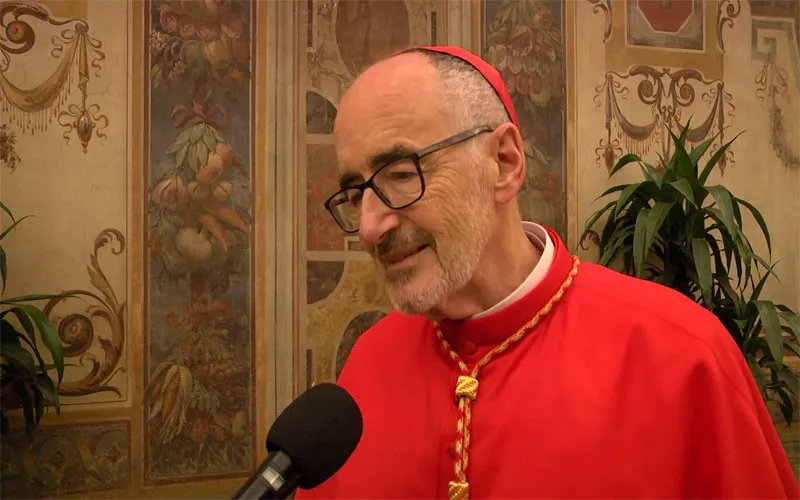Vatican City, 13 November, 2019 / 1:00 am (ACI Africa).
On October 5, 2019, Pope Francis created 13 new Cardinals. Although only one of them, the Franciscan Capuchin (OFM, Cap) DR Congo’s Archbishop Fridolin Ambongo Besungu is African-born, five of these 13 newest Princes of the Church have connections with Africa.
ACI Africa caught up with 73-year-old Jesuit Michael Cardinal Czerny, whose ministry in Africa, Latin America, and Rome has contributed to the promotion of social justice. A Canadian national, Czerny who was ordained Bishop on the eve of his elevation to Cardinal recounts his ministry among the people of God over the years, including his eight-year-missionary work in Africa where he initiated the African Jesuit AIDS Network (AJAN). “I learned about Ubuntu, which comprises many virtues that are entirely consistent with the ideals that Jesus expressed in the Beatitudes and that have become the tradition of works of mercy,” Cardinal Czerny has recalled.
ACI Africa: Who is Michael Cardinal Czerny as a Jesuit religious missionary?
Cardinal Czerny: Following my 1963 graduation from Loyola High School in Montreal, I joined the Society of Jesus (the Jesuits). On 9 June 1973, I was ordained to the priesthood. In 1979 I helped to found the Jesuit Centre for Social Faith and Justice in Toronto, and was its first director until 1989.
Following the killing of the Jesuits at University of Central America (UCA) in San Salvador, I served there as a Vice-Rector and directed its Institute for Human Rights (IDHUCA) in 1990-1991. From 1992 to 2002, I served as the Social Justice Secretary at the Jesuit General Curia in Rome.








